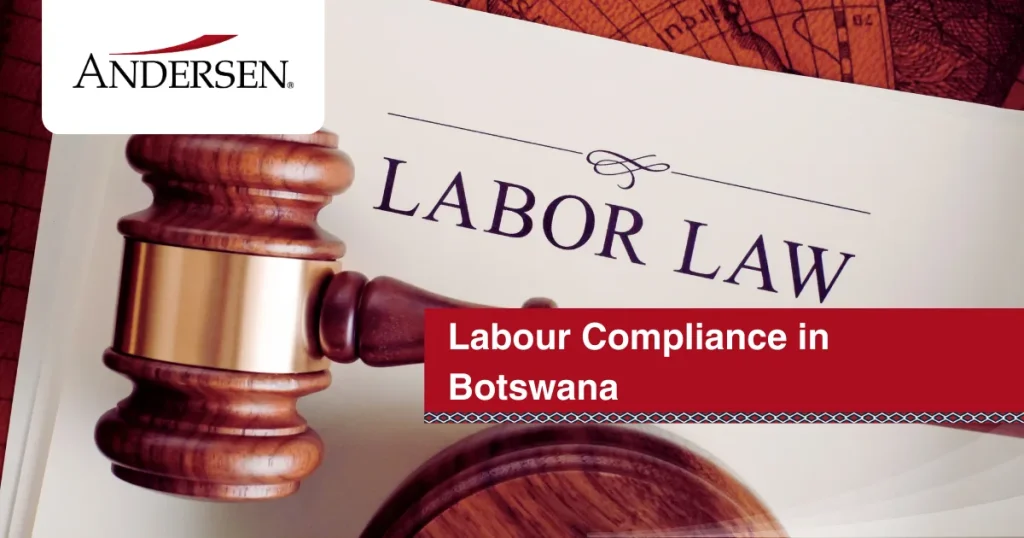In Botswana, making sure you’re following all labour laws is more than just ticking a box for the government; it’s a fundamental part of running a responsible and ethical business. As an employer, it’s essential to have a payroll system that’s not only running smoothly for your team but is also completely in line with all legal requirements. This protects both your employees and the business itself.
PAYE: Your Responsibility as an Employer
The Income Tax Act is quite clear: if your employees earn over P4,000.00 a month, they are subject to Pay As You Earn (PAYE) tax. It’s your legal duty as the employer to deduct this tax from their salaries and make sure it’s paid over to the Botswana Unified Revenue Service (BURS). This isn’t just about basic salaries; it includes every form of payment you make to your team – wages, bonuses, any allowances, commissions, pensions, lump-sum payouts, and even benefits that aren’t in cash.
Getting PAYE Calculations Spot On
It’s incredibly important that your PAYE calculations are accurate and match the official BURS tax tables. Any mistakes here, however small they might seem, can unfortunately lead to legal issues and financial penalties for your business. Getting this right from the start saves a lot of potential headaches down the line.
Understanding How Allowances Work
When it comes to allowances, it’s not a one-size-fits-all situation under tax law. For example, things like airtime allowances might be considered tax-deductible, which can be a benefit. However, other allowances, such as those for transfers, might not have the same treatment. As a business owner, it’s vital to understand the specific tax implications for every type of allowance you provide to ensure you’re staying compliant.
Severance Pay: Knowing the Tax Implications
When an employee leaves and is due severance pay, there are tax implications to consider. Currently, two-thirds of the severance amount is taxable. However, it’s worth noting that the Income Tax (Amendment) Act, 2024, brought a positive change, increasing the tax-exempt portion for certain lump sum payments, including severance pay, from one-third up to 50%. Staying updated on these changes is key.
Your Obligations as an Employer
To ensure you’re meeting all your responsibilities, employers in Botswana must:
- Register for PAYE with BURS.
- Deduct the correct amount of tax from each employee’s salary.
- Remit the deducted tax to BURS using the official forms they provide.
- Submit an annual PAYE reconciliation return to BURS. This needs to be done within 31 days after the end of the tax year.
- Provide each of your employees with a tax certificate, known as an ITW8. This also needs to be done within 31 days of the tax year’s end.
Why Choose Andersen in Botswana?
Partnering with Andersen in Botswana for your payroll means you can have peace of mind knowing your system is fully compliant with all Botswana’s legal requirements. We make it our business to stay on top of all the latest tax laws and changes, ensuring that your payroll processes are handled efficiently and without errors, letting you focus on what you do best – running your business.
For a more detailed conversation about how these compliance aspects specifically affect your business and how we can assist, please feel free to get in touch with us.

